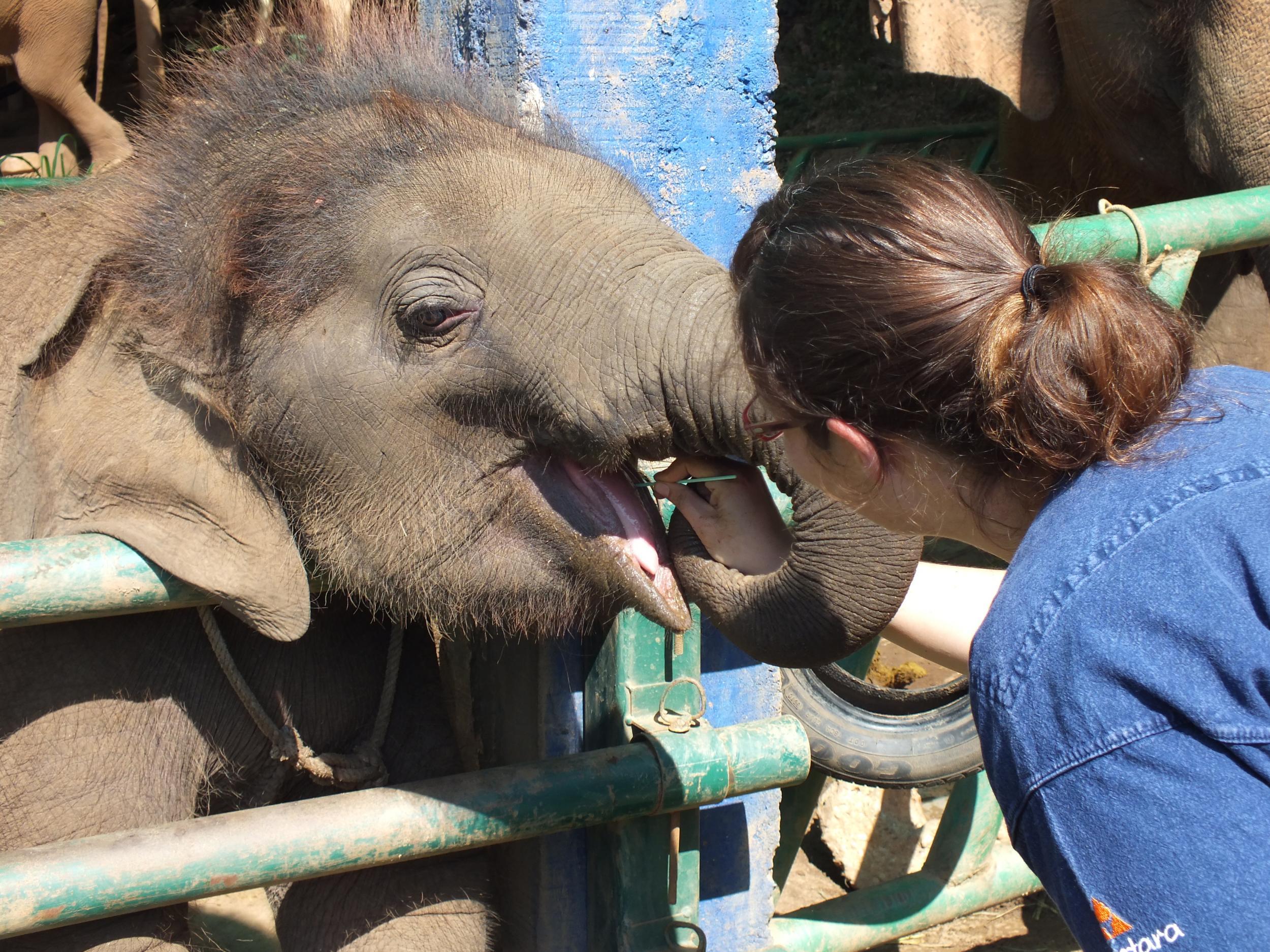New DNA system helps combat wild elephant trafficking
The initiative in Thailand promises to help crack down on smugglers who take elephants from the wild

It is illegal to traffic wild elephants into captivity, but where money is to be made that doesn’t stop people trying. Thailand has a new national DNA database of all captive elephants. It has shown its worth this week by proving two young elephants in a Thai tourist camp often frequented by UK tourists in southern Thailand are not in fact the offspring of captive elephant parents as claimed.
This significant finding proves that the DNA registration system is working and could be the first of many incidents of this nature now that Thailand has bowed down to pressure from NGO Elephant Family and other partners and put this protection system in place.
“With the new DNA registration system properly in place, we can finally start to close these loopholes and crack down on smugglers who are taking elephants from the wild, ” says Ruth Powys, CEO at Elephant Family.
Last October, Thailand introduced a new law for all elephant owners to adopt a DNA Registration System. The system will help better track captive elephants and prevent elephants being smuggled from the wild and disguised as captive elephants, fuelled by the lucrative tourist industry.
To date over 3,440 captive elephants - almost 99% of the animals’ total documented population in Thailand – have already been registered for DNA checks to help verify their identity and origins, with the remainder of captive elephants to be completed by the end of this month.
With less than 50,000 Asian elephants left in the wild today, this crucial milestone will help protect both captive and wild elephants and ensure that the wild population doesn’t continue to be further fragmented.
Join our commenting forum
Join thought-provoking conversations, follow other Independent readers and see their replies
Comments
Bookmark popover
Removed from bookmarks